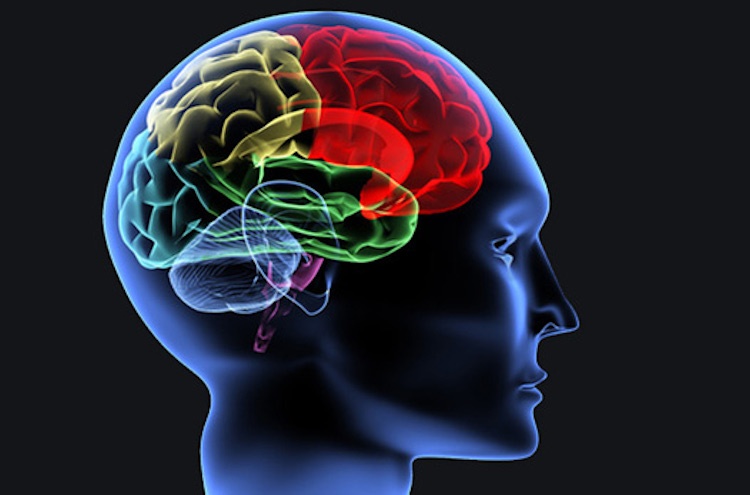
GCS Score: What Does It Mean?
GCS Score: brain injuries can get very complicated given the delicate situation a patient is put in.
It is a traumatic experience to be subjected to a brain injury, but it is also extremely disturbing to the loved ones who have to witness their beloved friend or relative go through something as fatal as this. That’s why we are going to explain simply what GCS score is.
At such times, medical practitioners often use terms that don’t make sense easily to laypeople due to the technicalities involved. GCS score is one such term that we intend to simplify for you so that you understand exactly what it means and why it is used.
Since brain injuries are unpredictable, we usually don’t know what to expect when the patient is in recovery. Since brain injuries require the patient to be put into a medically induced coma or are already unresponsive due to a coma, it gets difficult to understand the potential for healing. To judge the responsiveness of the patient in question, GCS or the Glasgow Coma Scale is an effective tool used worldwide.
Development of GCS score
The GCS score was developed by Professor Graham Teasdale in the year 1974. Used to identify the level of consciousness of a patient with brain injury, it can be used to gauge the care required for the first few hours and days, the GCS helps doctors monitor the vitals changing due to brain damage.
Factors Involved In GCS:
There are three metrics used to measure the severity of the injury using GCS in a patient, namely:
1) Eye Opening (Scale 1-4)
2) Verbal response (Scale 1-5)
3) Motor Response (Scale 1-6)
GCS score – All three responses are marked separately. How are they checked?
In the case of Eye-Opening response, the patient is prompted by voice, touch and a painful stimulus to check for a positive reaction. In case the patient does not open their eyes to any of the three prompts, the score given is 1. In case they respond to being called verbally by opening their eyes by themselves, the score would be 4 and mean a high probability of recovery.
To find the total GCS of a brain-injured patient, the total of all the three metrics are put together in a range of score between 3 and 15. A score of 13 and above shows that there is a mild brain injury and that the patient will recover quickly. A score between 9 and 12 is considered to show a moderate brain injury whereas a score of 8 and below indicates severe brain injury. Some medical practitioners consider a score of 5 and lower to be catastrophic with very fewer chances of full recovery.
As painful as it is to deal with a familiar going through this ordeal, it is difficult to know what the long term effect of a brain injury will be. However, a tool like GCS gives the relatives and doctors a realistic impression of the changes in recovery and the patient gaining consciousness post brain trauma.
GCS Score: What Does It Mean? – READ ALSO
Rapid Blood-Pressure Lowering in Patients with Acute Intracerebral Hemorrhage
Tourniquet and intraosseous access: massive bleeding management
Brain injury: The utility of advanced prehospital interventions for severe blunt traumatic brain injury (BTI)
How to rapidly and accurately identify an acute stroke patient in a prehospital setting?
REFERENCES
Glasgow Coma Scale (GCS) Wikipedia


